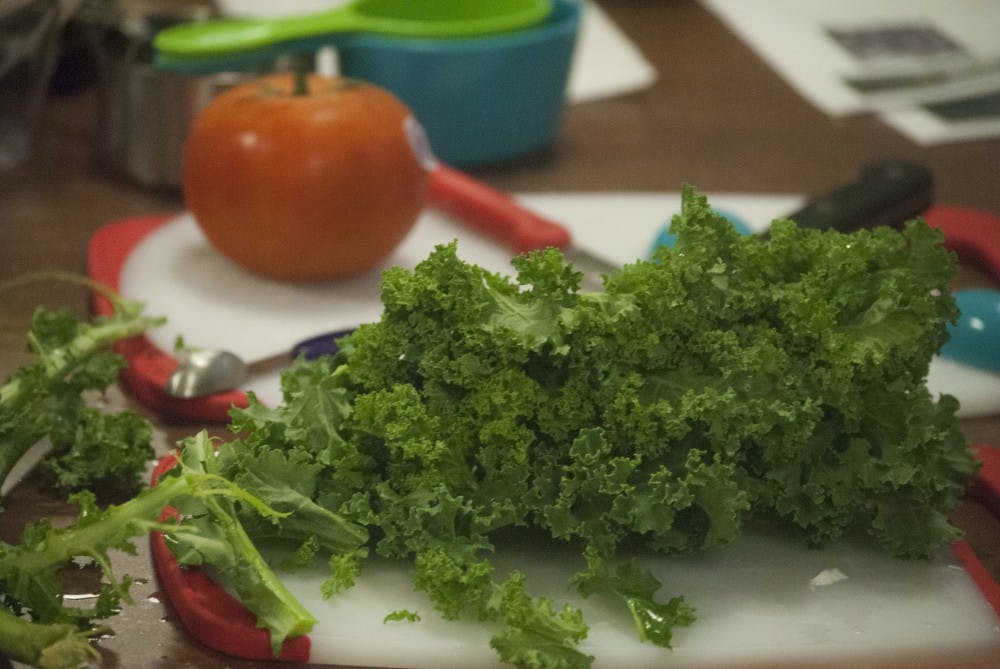In my journey into the world of food production and waste, I stumbled upon a way I categorize my food that I never gave much thought to before. It’s something that most of us think about without realizing the consequences it has on the food system and the environment as a whole. That is the "perfectness" of a fruit or vegetable.
When we buy any fruit or vegetable, we have a picture in our minds of its perfect version. This may be different for you or me, but we all search for it when picking out our produce. It’s not wrong to want the best that is available, but it makes it easy for us to disregard something that could be just as good to eat because it is not as pleasant to look at.
I’ve found myself on more than one occasion putting back an apple because I felt like it wasn’t round enough, or that the skin just wasn’t the exact shade of red that I was looking for. I know that I am not alone, because the fruit that appears in grocery stores has already been pre-selected to try and best fit the image that is in all of our minds. Aesthetics at times matter far more than taste when it comes to which piece of fruit we actually buy.
Perfection may seem great for us, and if your goal was to buy only the best, then you may see nothing wrong with it, but growing fruit is not like copying and pasting words in a document. A plant is not always going to grow perfectly, and fruits and vegetables can be affected by any number of factors in the environment. If a farmer doesn’t think that fruit can be sold to a grocery store, then she will think of it as no different than waste. If we, the consumer, do not think that the produce matches up with that "perfect" image that we have in our head, then we put it back on the shelf. If enough people think the same then that fruit will never be sold and end up in the trash.
Play out this scenario every week all over the country than you start to realize how much waste is being created. Landfills should not be where perfectly edible, but maybe not the most visually appealing, fruits and vegetables end up. Filling these places with produce creates a buildup of methane gas which can be dangerous and harmful to the environment.
Intermarché, a French supermarket chain, created a great campaign to address this problem. It was called Inglorious Fruits and Vegetables, and it allowed customers to buy products that looked strange but were perfectly safe to eat at a discounted price. They focused on the fact that the taste of these products were in no way affected by how they looked. Within the first two days, Intermarché was able to sell 1.2 tons of food per store that would have been discarded otherwise.
America should launch a campaign of its own to buy inglorious foods and vegetables. It’s important to change the "perfect" image that creates so much waste in our society.

